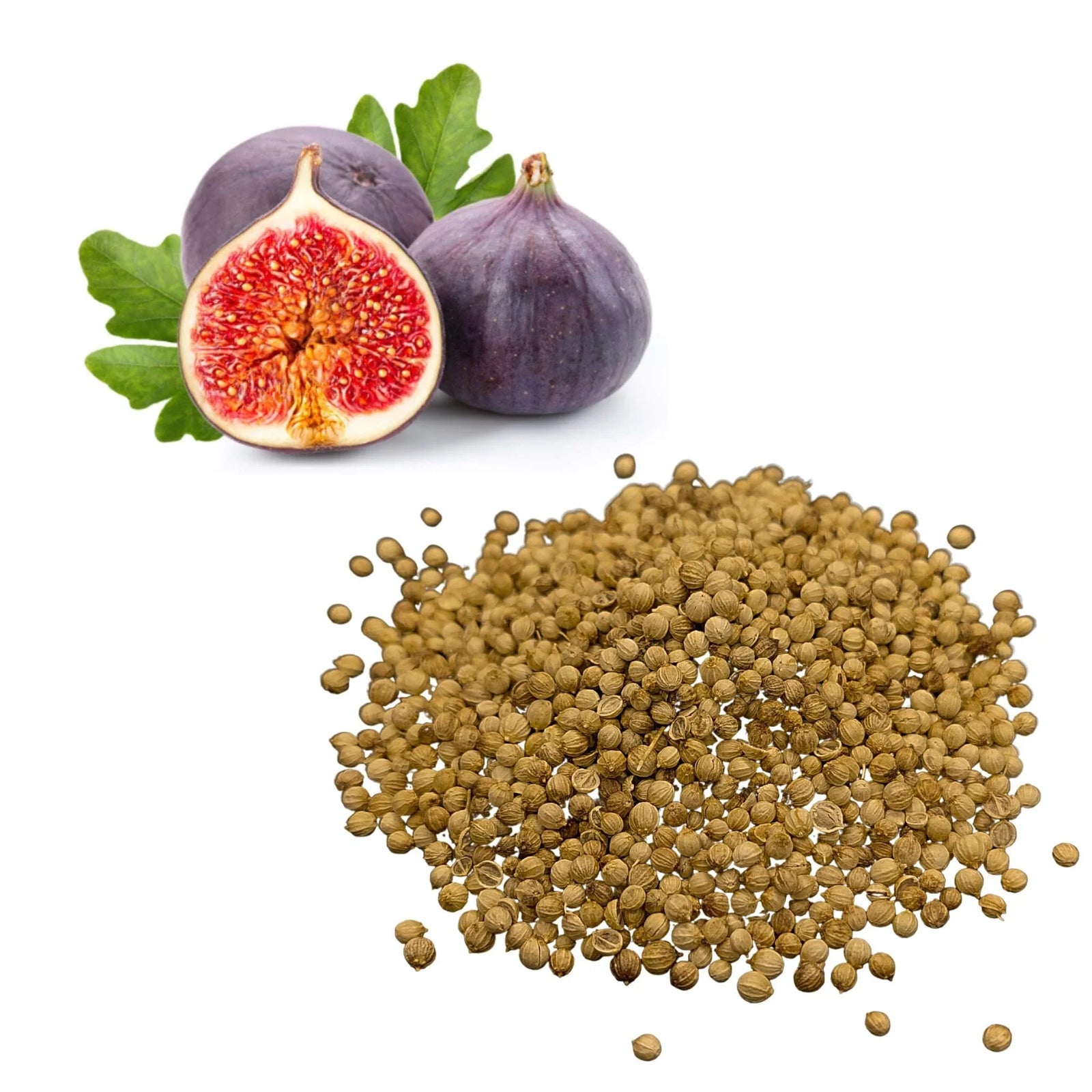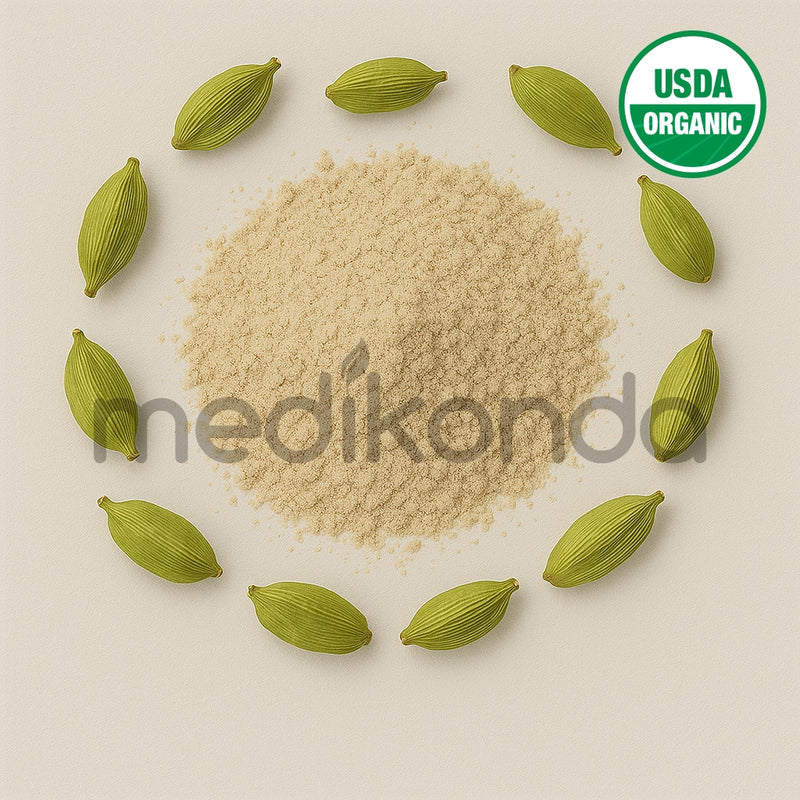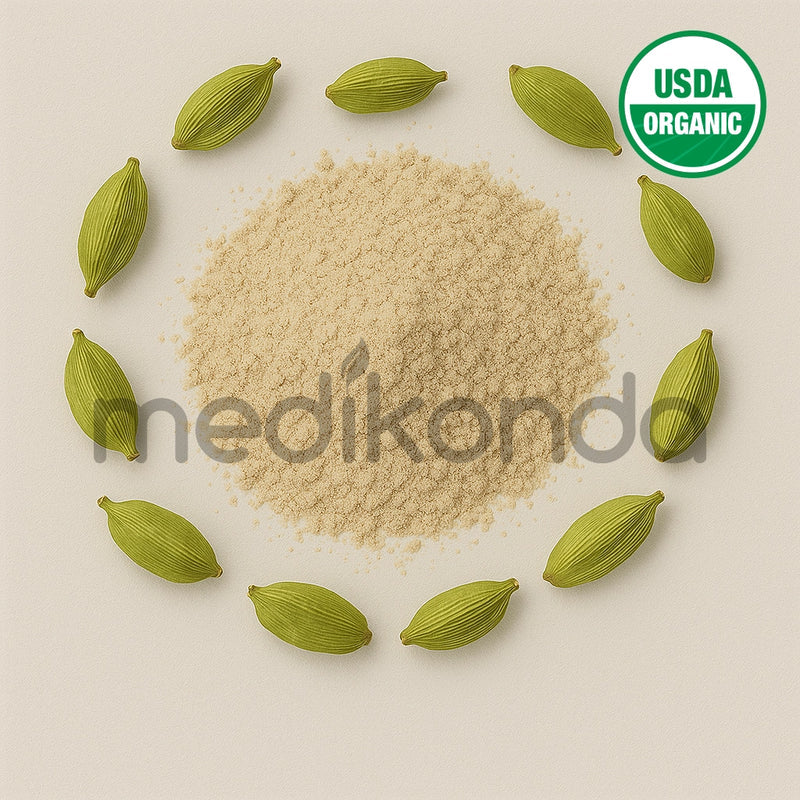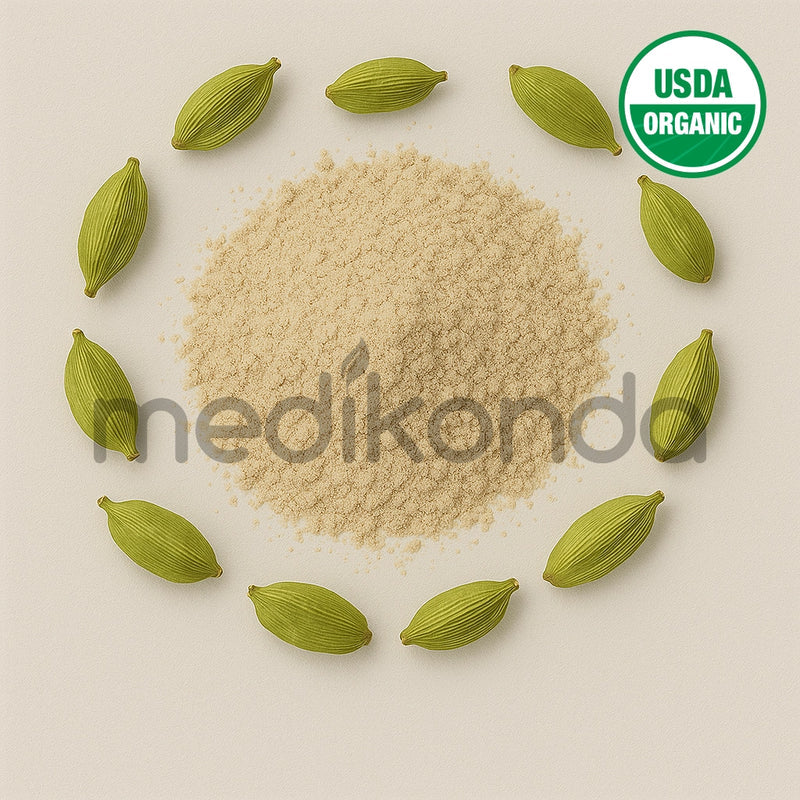Add description, images, menus and links to your mega menu
A column with no settings can be used as a spacer
Link to your collections, sales and even external links
Add up to five columns
Add description, images, menus and links to your mega menu
A column with no settings can be used as a spacer
Link to your collections, sales and even external links
Add up to five columns
LOOKING FOR BULK INGREDIENTS PRICING?
GET INSTANT QUOTEwhat ingredient are you looking for?

Benefits of Fig Seeds - Wholesale B2B Bulk Suppliers in Australia and New Zealand
Fig Seeds: Tiny Powerhouses of Nutrition and Digestive Wellness
Fig Seeds, found inside the sweet and luscious fruit of the Ficus carica tree, are tiny yet powerful components of the fig’s nutritional profile. Often overlooked, these minuscule seeds are packed with dietary fiber, antioxidants, and essential fatty acids that contribute significantly to digestive health, heart function, and overall vitality. In traditional medicine and natural health practices, fig seeds are valued for their detoxifying properties and ability to promote regularity.
Botanical Profile
-
Botanical Name: Ficus carica
-
Family: Moraceae
-
Plant Part Used: Seeds from the fruit
-
Color: Pale to dark brown
-
Common Names: Fig, Anjeer, Common Fig, Edible Fig
Nutritional Highlights
Though small in size, fig seeds are rich in soluble and insoluble fiber, plant sterols, and essential nutrients such as omega fatty acids. Their fibrous coating helps in cleansing the digestive tract and improving nutrient absorption, while their oil content provides skin and heart benefits.
Health Benefits of Fig Seeds
-
Promotes Digestive Health
Fig seeds support healthy digestion by adding bulk to stool and promoting regular bowel movements. Their gentle laxative effect makes them helpful for those dealing with constipation. -
Natural Detoxification Support
The high fiber content helps cleanse the colon and supports the removal of toxins from the digestive system, aiding the body’s natural detox processes. -
Supports Heart and Cholesterol Health
Fig seeds contain plant-based compounds that may help reduce LDL (bad) cholesterol levels and support cardiovascular health by improving lipid profiles. -
Rich in Antioxidants
The antioxidant properties of fig seeds help neutralize free radicals, reducing oxidative stress and supporting anti-aging and cellular health. -
Good Source of Essential Fatty Acids
Fig seeds contain traces of omega-3 and omega-6 fatty acids, which play important roles in skin health, brain function, and inflammation control. -
Aids in Weight Management
Thanks to their high fiber content, fig seeds help promote satiety and reduce overeating, making them a valuable addition to weight management diets.
Common Uses and Applications
-
Eaten whole as part of dried figs
-
Ground into powder for digestive formulations
-
Added to smoothies, granola, or energy bars
-
Used in herbal laxative blends
-
Infused into oil for skincare applications
Recommended Usage
There’s no set dosage for fig seeds, as they are typically consumed along with the fruit. However, when using fig seed powder or extracts, follow the product guidelines. For digestive support, a few soaked figs with seeds daily can be highly beneficial.
Precautions
Fig seeds are generally safe for consumption. However, individuals with seed allergies or sensitivity to high-fiber foods should consume them in moderation. Overconsumption may lead to loose stools or gastrointestinal discomfort.
Final Thoughts
Fig Seeds may be tiny, but their impact on health is mighty. With benefits ranging from digestive support to heart health and detoxification, they offer a natural and easy way to boost wellness. Whether consumed as part of whole figs or in powder form, these seeds are an excellent addition to a fiber-rich, balanced diet.
For bulk orders and inquiries, visit Medikonda Nutrients - Fig Seeds
Medikonda Nutrients is the Largest Manufacturer, B2B Bulk Wholesale Supplier of Fig Seeds in Australia and New Zealand.
Also in Medikonda: Health & Wellness
SUBSCRIBE NOW ...
Don't miss to get latest updates on sales, new releases and promotions




